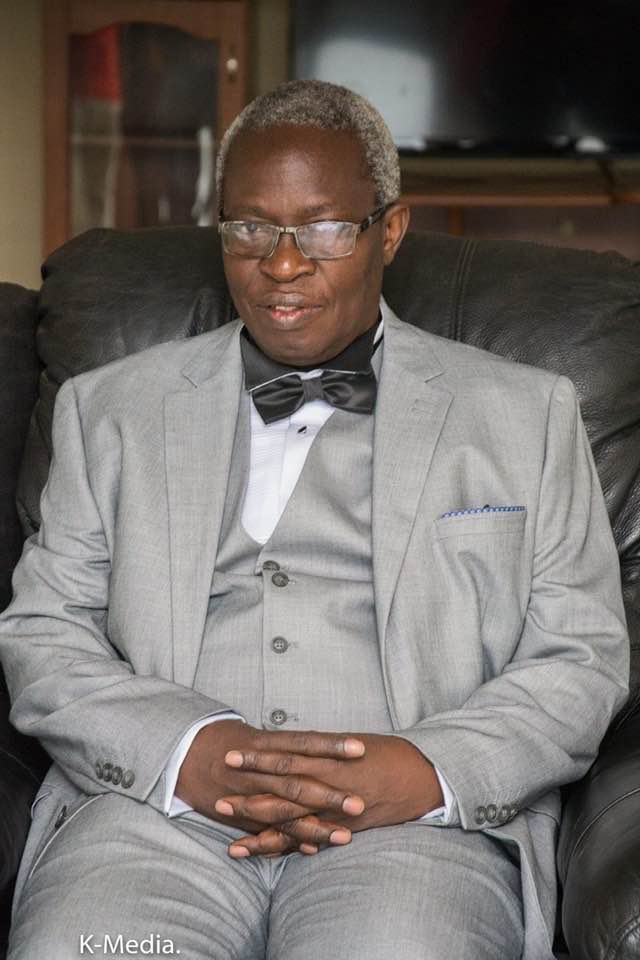CENTRE FOR AND POLICY
By Dunstain Fipamutima Mwaungulu
DUSTAIN MWAUNGULU: The Author
“When a government begins to assert sovereignty in the face of international criticism ….’
Our analysis muddles and muddies different things! Separate the DOTACB’s action on the general work, on which maybe the DOTACB has little to show! Then move to the arrest which, even if there was a crime, should not have been made. The government machinery heeded this criticism by reverting to a summons!
If you read the government line, the politicians and the judiciary, between the lines, all government branches, the judiciary included, were bent on prosecuting the DOTACB. They were going to stop at nothing. And the government intent was confirmed by the Commission of inquiry – if you recall that it was in a different case that the judge out of the blue pushes the Director of Public Prosecution to lodge a complaint in a criminal matter. The DPP fell to the bait. So the focus must be on the decision to prosecute. It is this which is fueling the process – to the pleasure of the government and politicians alike. They have nailed their target and, come sunshine or rain, they think that they have nailed it.
So the President is clear in his speech that he will do nothing about the DOTACB’s predicament and that everything in the textbook will be followed because he is sure that after his speech the Secretary to the President and Cabinet will interdict. And the AG will defend the interdiction with all his might. What the AG forgot are a few things
That the DPP’s decision to prosecute is susceptible of judicial review.
That the decision to interdict can also be reviewed.
That in a judicial review, it is not Chizuma who is complaining, it is the State (the citizens) who are complaining against the actions or omissions of the government (machinery).
That in this matter he is the Attorney for the people and the government! In this matter, the AG’s own actions are under scrutiny.
The people, apart from the government machinery, are against this prosecution. Consequently, the Director of Public Prosecution, caught in this war, is ambivalent on his duty under the Constitution.
It is obvious to many that when a government begins to assert sovereignty against its international critiques, there is abject failure by government to address the issue! The preamble of our Constitution should remind us of our international obligations – we are in a commonwealth of Nations not outside it!
The post “When a government begins to assert sovereignty in the face of international criticism…’ appeared first on Malawi Voice.
 Moni Malawi
Moni Malawi 

